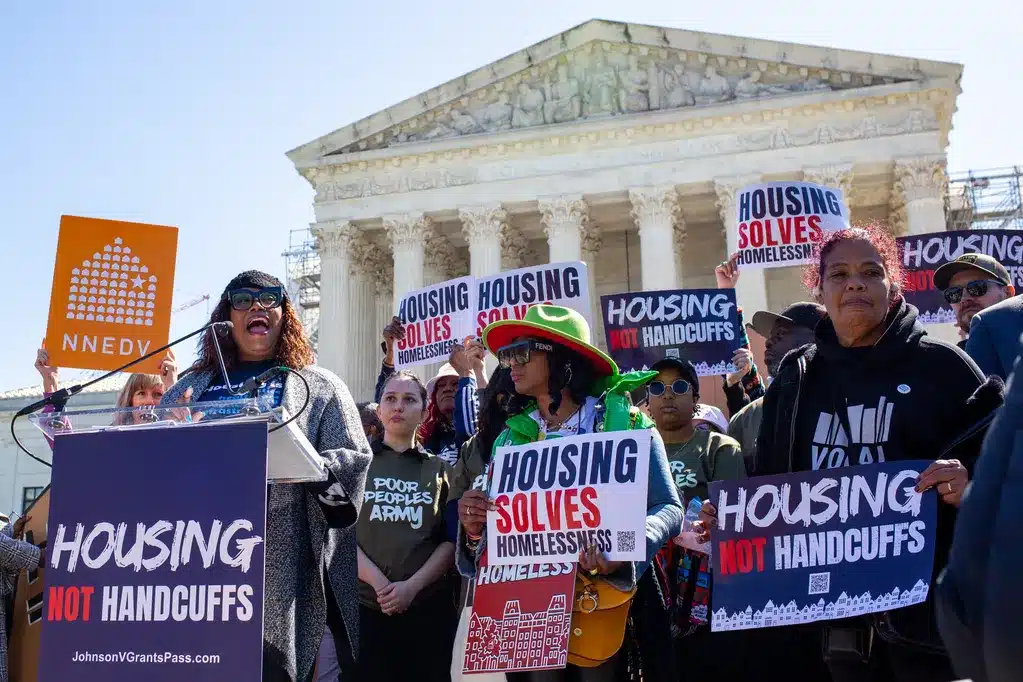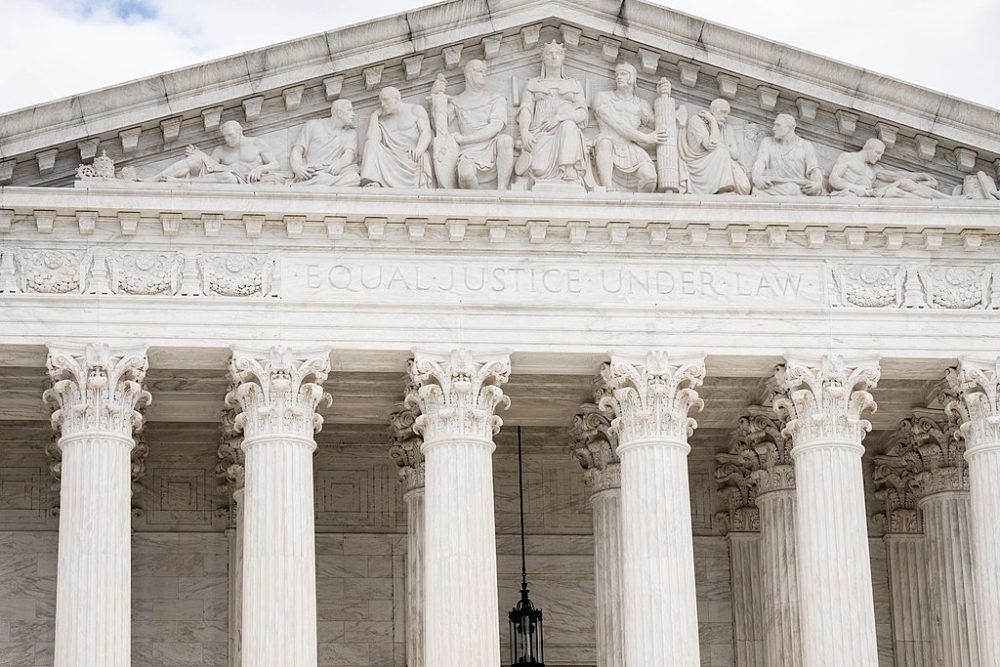Responding to Andrew Macurak’s post on Pennsylvania interfering with its counties’ right to pass strict smoking bans and but allowing them opt out of paying for transit: On all of the instances you describe, I am in complete agreement. The phenomenon of areas outside cities pretending that they don’t rely on urban/metro areas for their economic health and then getting to vote to screw said cities makes my blood boil. (See my manifesto on the topic.)
But as the smoking/transit tension illustrates, it’s hard to define when feds or states should get out of the way. Many have noted that allowing economic development decisions to devolve to the local level is a large part of what’s enabling our race-to-the-bottom disaster of corporate welfare, not to mention that local property taxes funding local school systems perpetuates egregious inequality in schools — and again disadvantages cities, which tend to attract the poor and new immigrants. If the feds hadn’t stepped in on civil rights we might still have Jim Crow.
I’ve been struggling to get my brain around this for a while — how do we define what is the appropriate role for each level of government so that different regions share costs and benefits fairly when their actions do affect each other, but retain their independence when appropriate? Who defines when an action by a locality affects other localities or when a constitutional right or value should override local preferences? What do we do if a state decides collectively and fairly that it really does want to fund highways over transit?
It’s hard to make these decisions, as you say, in a political system that favors rural districts, but also in one where our largest social and political divides are urban/rural, and understanding interdependence appears to be our weak suit as a society.
How would others draw the line?




Miriam, this is an excellent point – it’s easy for me as a writer to identify where the relationship between local, state, and federal government has gone awry, but it’s harder for us as policy wonks to identify how to correct that relationship.
I recently read an article in the Boston Globe (forgive my not being able to find it) that argued for social welfare being a metropolitan responsibility, not an urban responsibility. From what I remember, the gist of the article was along these lines: The poor are concentrated in cities for a number of reasons, and the absence of alternative transportation and affordable housing in the suburbs makes it impossible for many low-income families to leave the city. Therefore, responsibility for their welfare should fall on the metropolitan area, since outlying municipalities are physically constructed in a way that prevents them from sharing their load outright.
Granted, any kind of metro governance is difficult to achieve, let alone one that undoubtedly promises suburban homeowners higher taxes – but spreading the burden of supporting society’s most vulnerable is certainly a start to mending the flaws of federalism.
I think you’re referring to the February editorial by Edward L. Glaeser, “A Level Playing Field for Cities” (www.boston.com/bostonglobe/editorial_opinion/oped/articles/2008/02/29/a_level_playing_field_for_cities). It’s one of the best pieces I’ve seen on this in a long time.
That’s exactly it. The devil seems to be in trying to balance the need to have a centralized mechanism to prevent cities from shirking their social obligations (e.g. a few locales in New Jersey) with preventing undue intrusion by state government (e.g. Pennsylvania) in local affairs.